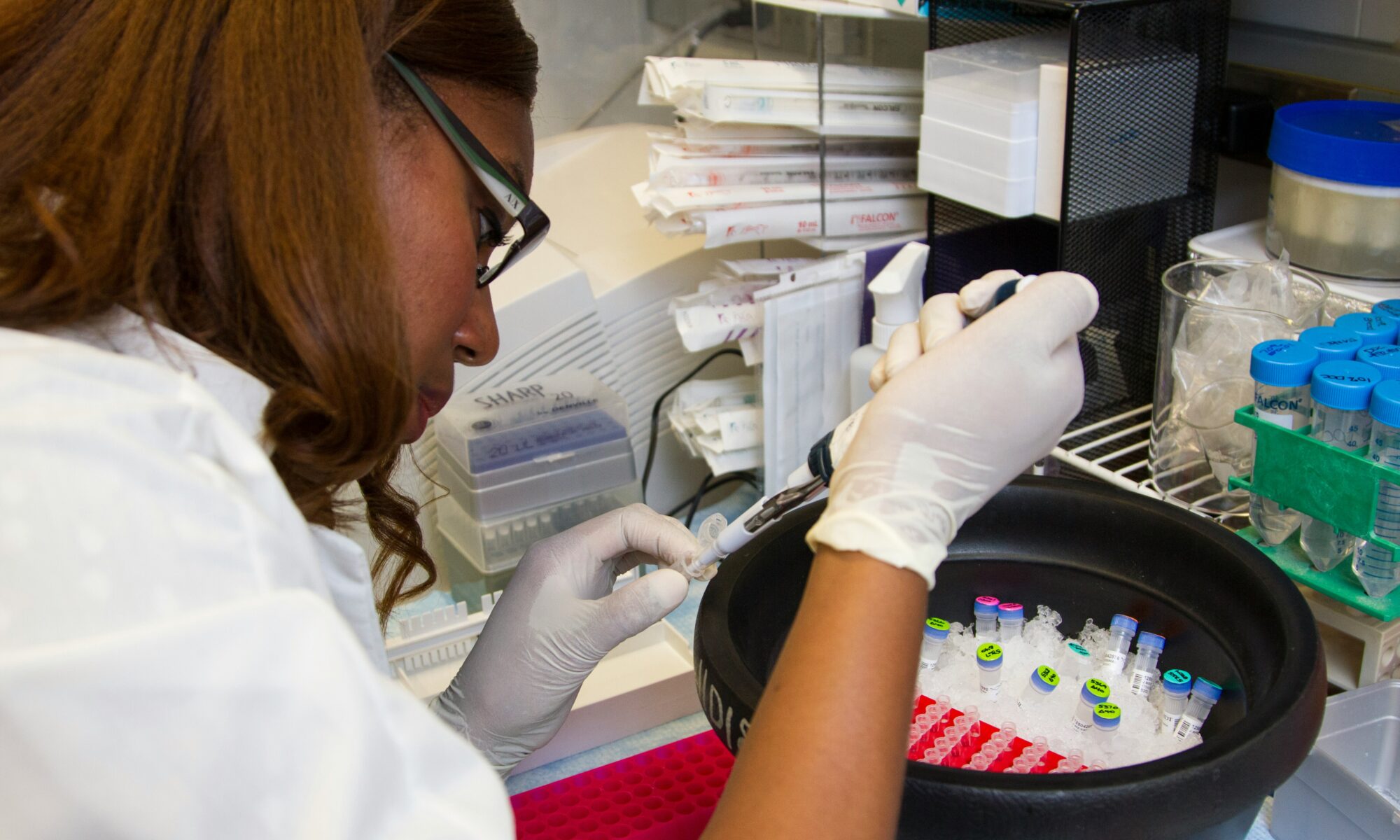In-vitro fertilization (IVF) has revolutionized the way we approach family planning and reproductive health. One integral component of this advanced fertility treatment is the use of donor sperm. Whether you’re considering IVF or simply curious about this fascinating aspect of reproductive science, this article will take you on a deep dive into the world of donor sperm and its role in IVF.
Donor sperm has become an increasingly common solution for individuals or couples who are unable to conceive using their own sperm. This can be due to a variety of reasons, such as male infertility, genetic disorders, or same-sex partnerships. By understanding the science behind donor sperm and its integration into the IVF process, you can make informed decisions about your family-building journey.
The Science Behind Using Donor Sperm
The use of donor sperm in IVF is a complex and meticulous process, rooted in the principles of reproductive biology and genetics. When traditional methods of conception are not feasible, donor sperm provides a viable alternative, allowing individuals or couples to achieve their dream of parenthood.
The selection of a suitable donor is a critical step in the process. Donors undergo rigorous screening, both physical and genetic, to ensure the highest standards of health and compatibility. This screening process involves evaluating factors such as medical history, family history, and genetic testing to minimize the risk of passing on any inherited conditions or genetic abnormalities.
Once a donor is selected, the sperm is carefully collected, processed, and cryopreserved for future use. This meticulous handling and storage ensure the sperm’s viability and quality, making it ready for the IVF procedure.
Criteria for Selecting a Donor Sperm
The selection of a donor sperm is a multifaceted process that considers a variety of factors to ensure the best possible outcome for the recipient. Some of the key criteria include:
Genetic Compatibility: Donors are screened for genetic disorders, chromosomal abnormalities, and inherited diseases to minimize the risk of passing on these conditions to the offspring.
Physical Characteristics: Donors are often selected based on physical characteristics, such as height, eye color, and hair color, to align with the preferences of the recipient.
Medical History: A comprehensive review of the donor’s medical history, including any underlying health conditions or infectious diseases, is conducted to ensure the safety and well-being of the recipient and the future child.
Psychological Evaluation: Donors undergo psychological assessments to evaluate their emotional stability, motivation, and understanding of the implications of their donation.
Compliance with Regulations: Donor sperm must adhere to strict legal and ethical guidelines, ensuring the protection of all parties involved in the IVF process.
How Donor Sperm is Collected and Processed
The collection and processing of donor sperm involve a meticulous series of steps to ensure the highest quality and safety standards. Here’s a breakdown of the process:
Sperm Collection: Donors provide sperm samples through a process known as masturbation in a private, sterile collection room at the sperm bank or clinic.
Initial Screening: The collected sample undergoes an initial screening to assess the sperm’s motility, concentration, and overall quality.
Processing and Cryopreservation: The sperm is then processed, which may involve washing, centrifugation, and cryopreservation (freezing) to preserve its viability for future use.
Quarantine and Testing: The frozen sperm is placed in quarantine for a specified period, during which the donor undergoes additional testing for infectious diseases and genetic conditions.
Final Approval: Once the quarantine period is complete and all test results are deemed satisfactory, the donor sperm is approved for use in the IVF process.
This meticulous handling and storage ensure that the donor sperm is of the highest quality and meets the necessary standards for safe and effective use in IVF procedures.
Donor Sperm Banks and Their Role in IVF
Donor sperm banks play a crucial role in the IVF process by providing a reliable and regulated source of donor sperm. These specialized facilities are responsible for the recruitment, screening, and storage of donor sperm, ensuring that it meets the stringent requirements for use in fertility treatments.
Donor sperm banks maintain extensive databases of donor profiles, allowing recipients to search and select donors based on their specific preferences and needs. These profiles typically include information about the donor’s physical characteristics, medical history, educational background, and personal interests, providing recipients with a comprehensive understanding of the donor’s profile.
In addition to their role in donor sperm management, sperm banks also offer support services to recipients, such as counseling and guidance throughout the IVF process. They work closely with fertility clinics to ensure a seamless integration of donor sperm into the IVF treatment plan.
Legal and Ethical Considerations in Using Donor Sperm
The use of donor sperm in IVF raises a number of legal and ethical considerations that must be carefully navigated. These include:
Donor Anonymity: Many countries have implemented laws and regulations regarding the anonymity of sperm donors, with some shifting towards more open-identity donation practices.
Parental Rights and Responsibilities: The legal rights and responsibilities of the recipient(s), the donor, and the resulting child must be clearly defined and understood by all parties involved.
Genetic Inheritance: The potential impact of using donor sperm on the child’s genetic inheritance and identity must be considered and addressed.
Informed Consent: Ensuring that all parties involved, including the recipient(s) and the donor, have provided informed consent is crucial.
Regulation and Oversight: The fertility industry is subject to various regulatory bodies and guidelines to protect the rights and well-being of all stakeholders.
These complex issues require careful consideration and adherence to established legal and ethical frameworks to ensure the best possible outcomes for all involved.
Success Rates and Challenges of Using Donor Sperm in IVF
The success rates of using donor sperm in IVF can vary depending on a range of factors, including the recipient’s age, fertility status, and the quality of the donor sperm. On average, the pregnancy rate per IVF cycle using donor sperm ranges from 40% to 60%, with live birth rates typically falling within the 30% to 50% range.
However, it’s important to note that the use of donor sperm in IVF is not without its challenges. Some potential challenges include:
Psychological and Emotional Factors: The decision to use donor sperm can be emotionally complex, as it may involve feelings of grief, loss, or uncertainty about the child’s genetic identity.
Logistical Challenges: Coordinating the availability of donor sperm with the recipient’s fertility cycle can be logistically challenging, requiring careful planning and communication.
Genetic Considerations: While donor screening aims to minimize the risk of genetic disorders, there is always a small chance of unforeseen genetic issues arising in the resulting child.
Regulatory Hurdles: Navigating the legal and ethical landscape surrounding the use of donor sperm can be complex, especially in cases involving cross-border or international transactions.
Despite these challenges, advancements in reproductive technology, coupled with a growing understanding and acceptance of donor-assisted conception, have contributed to the increasing success and accessibility of this family-building option.
Alternative Options to Donor Sperm in IVF
While donor sperm is a widely used solution in IVF, there are alternative options available for individuals or couples who are unable or unwilling to use donor sperm. These alternatives include:
Adoption: Adopting a child is a viable option for those who are unable to conceive using their own or donor sperm.
Surrogacy: In some cases, gestational surrogacy may be considered, where the intended parents use their own or donor eggs and sperm to create an embryo, which is then implanted in a surrogate’s uterus.
Reciprocal IVF: For same-sex female couples, reciprocal IVF allows one partner to carry the pregnancy using the other partner’s eggs.
Sperm Donation from a Known Donor: Some individuals or couples may choose to use sperm from a known donor, such as a family member or close friend, rather than an anonymous donor.
Each of these alternatives comes with its own set of legal, ethical, and practical considerations, and it’s essential to thoroughly research and consult with medical and legal professionals to determine the best course of action for your specific situation.
Emotional and Psychological Aspects of Using Donor Sperm
The decision to use donor sperm in IVF can be emotionally and psychologically complex, both for the recipient(s) and the resulting child. Feelings of grief, loss, and uncertainty about the child’s genetic identity are common, and it’s essential to address these concerns through counseling and support.
Recipient(s) may grapple with questions about the donor’s background, motivations, and potential impact on the child’s sense of self. The child, in turn, may face challenges in navigating their own identity and feelings of genetic connection (or lack thereof) to their parents.
To address these emotional and psychological aspects, fertility clinics and sperm banks often provide counseling services to support individuals and couples throughout the IVF process. This includes pre-treatment counseling to help recipients explore their feelings and expectations, as well as post-treatment support to assist the family in navigating the unique dynamics of donor-assisted conception.
Conclusion
As reproductive science continues to evolve, the role of donor sperm in IVF is poised to undergo further advancements and innovations. Ongoing research and technological developments are likely to enhance the screening, processing, and storage of donor sperm, leading to even greater success rates and improved outcomes for recipients.
Additionally, the legal and ethical landscape surrounding donor-assisted conception is expected to continue evolving, with a focus on protecting the rights and well-being of all parties involved. This may include increased transparency, more open-identity donation practices, and enhanced support services for families navigating the complexities of using donor sperm.
As you embark on your own family-building journey, it’s essential to stay informed about the latest developments in the field of donor sperm and IVF. By understanding the science, legal considerations, and emotional aspects, you can make informed decisions and take steps to achieve your goals, whether that involves the use of donor sperm or alternative options.
To learn more about the role of donor sperm in IVF and explore your options, we encourage you to schedule a consultation with a fertility specialist. They can provide personalized guidance and support throughout your family-building journey. Contact us today to take the next step



